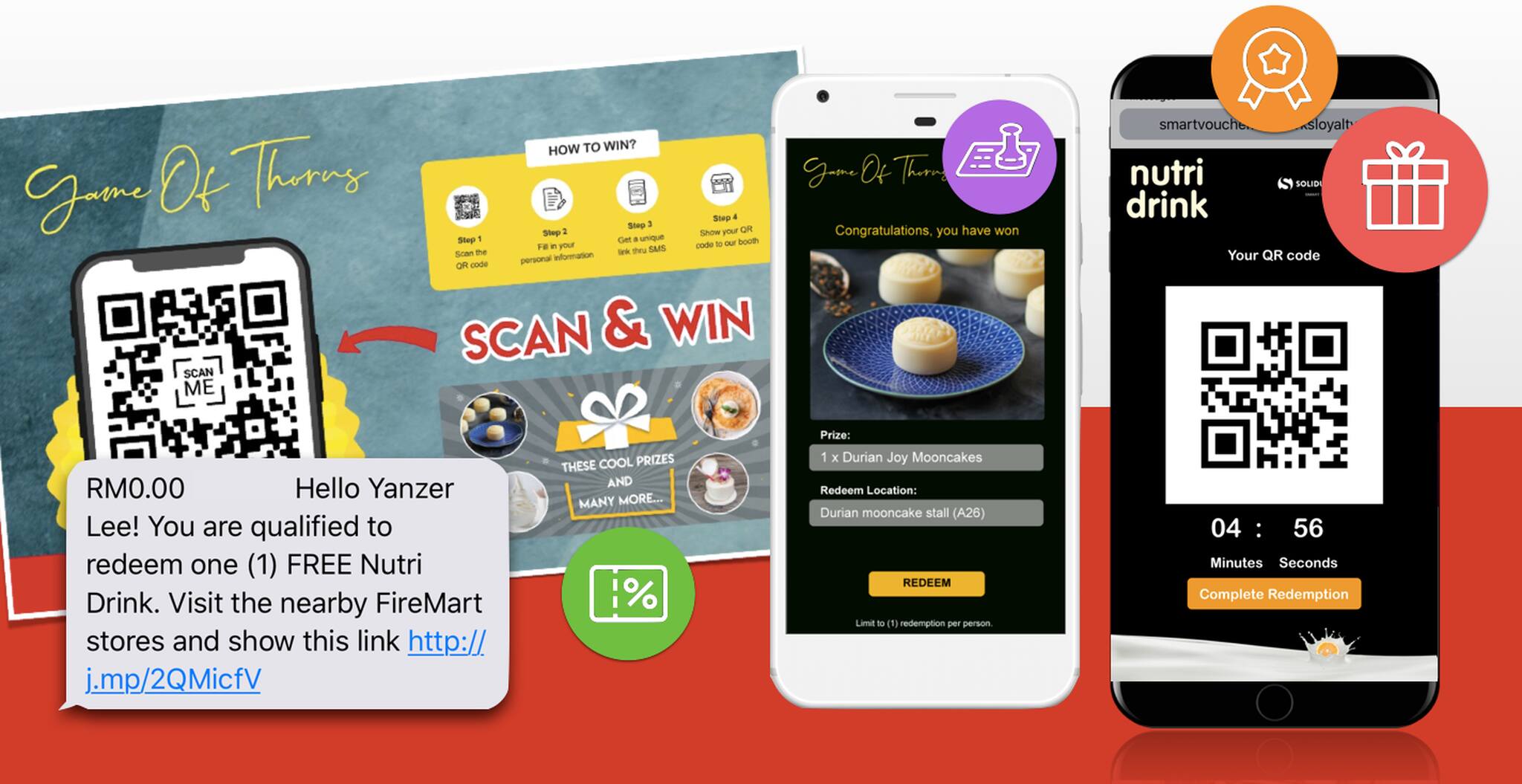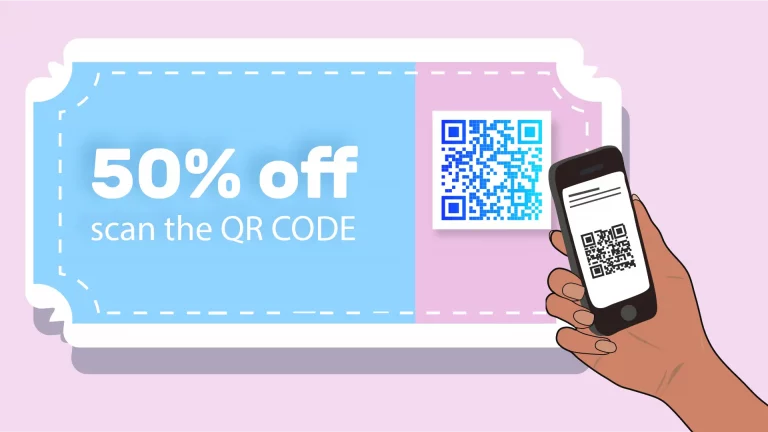Why a Loyalty System Is Important for Increasing Client Retention Prices
Why a Loyalty System Is Important for Increasing Client Retention Prices
Blog Article
Loyalty System Insights: Rewarding Clients and Growing Your Brand Name
Commitment programs have actually evolved beyond plain transactional rewards; they currently act as critical devices for promoting much deeper consumer relationships and improving brand loyalty. By recognizing the nuances of numerous benefit systems, organizations can tailor their techniques to satisfy varied customer choices. The influence of a well-implemented loyalty program extends beyond consumer retention, driving campaigning for and forming brand perception in an affordable marketplace. Nonetheless, the efficiency of these programs rests on details involvement strategies and quantifiable results. What key elements should brand names consider to optimize their commitment efforts?
Understanding Loyalty Programs

By evaluating this information, organizations can customize their offerings to better meet customer requirements, developing an extra individualized buying experience. This personalization is crucial in constructing depend on and emotional connections, which are important for brand loyalty. Moreover, loyalty programs can enhance customer engagement through unique deals, rewards, and experiences that resonate with consumers, enhancing their dedication to the brand.
Furthermore, loyalty programs can add to raised customer lifetime worth, as satisfied and dedicated consumers are more probable to make constant purchases and refer others. Inevitably, when carried out properly, commitment programs not only incentivize prompt sales yet likewise grow an area of brand advocates, consequently driving sustainable growth for services in a competitive industry.
Kinds of Award Solutions
Different sorts of incentive systems exist within loyalty programs, each made to satisfy different consumer preferences and service goals. One prominent approach is the points-based system, where consumers earn factors for each acquisition, which can later on be retrieved for products or discounts. This design encourages repeat purchases and fosters a feeling of achievement as consumers collect points.
An additional reliable type is tiered rewards, which incentivizes consumers to get to higher levels of commitment. As customers progress via rates, they open progressively beneficial benefits, thus enhancing customer involvement and retention. This system compensates both initial investing and recurring commitment, making clients feel valued.
Cashback incentives are likewise widespread, offering customers a portion of their acquisition back as cash money or credit score. This simple method interest price-sensitive consumers and can drive much more frequent acquisitions.
Finally, experiential benefits give special experiences, such as exclusive occasions or early access to products. These incentives develop memorable interactions with the brand name, cultivating deeper emotional connections.
Each of these systems uses distinct benefits, permitting businesses to tailor their loyalty programs to align with their customer demographics and strategic goals.

Benefits of Executing Commitment Programs
Executing loyalty programs uses countless advantages that can considerably enhance a business's connection with its clients. Among the most significant advantages is the raised customer retention rate. By rewarding repeat purchases, services foster a sense of belonging, motivating clients to return much more often. This not only lowers advertising costs related to obtaining new consumers however likewise boosts total profitability.
Moreover, commitment programs make it possible for services to accumulate important information on customer preferences and acquiring actions. This info can be evaluated to tailor advertising initiatives, bring about more customized and effective campaigns. The understandings obtained can aid organizations recognize patterns, optimize product offerings, and enhance customer contentment.
In addition, loyalty programs frequently create a competitive side in crowded markets. By developing a strong loyalty structure, companies can differentiate themselves, bring in customers that prioritize brands that value their commitment.
Lastly, a well-structured commitment program can foster brand advocacy. Faithful consumers are a lot more likely to advise a brand to others, successfully transforming them right into brand ambassadors. To conclude, carrying out loyalty programs is a tactical relocation that can yield substantial benefits, inevitably driving long-lasting organization development and success.
Strategies for Effective Engagement
Effective interaction is pivotal for making best use of the advantages of commitment programs and ensuring sustained customer interest. Loyalty System. To cultivate significant connections, services should embrace a multi-faceted method that highlights value, communication, and personalization
First, leveraging client information to develop customized experiences enhances engagement. By evaluating acquisition check here background and choices, brand names can supply individualized rewards or recommendations that reverberate with private customers. This targeted technique not just boosts contentment but additionally urges repeat interactions.
Second, routine and transparent interaction is vital. Utilizing numerous channels, such as email newsletters, social media, and mobile applications, makes certain consumers are educated concerning promotions, benefits, and program updates. Consistent messaging keeps the brand name top-of-mind and strengthens the value of commitment participation.
Lastly, integrating gamification aspects can dramatically improve interaction. Features such as factor buildup, difficulties, and tiered incentives produce a feeling of accomplishment and enjoyment, encouraging clients to involve more actively with the program.
Including these methods grows a dedicated client base, driving sustained growth and brand name fondness while making best use of the possibility of loyalty programs. By focusing on efficient engagement, companies can reinforce links and enhance the total consumer experience.
Gauging Success and ROI
To properly assess the efficiency of commitment programs, companies have to establish clear metrics for measuring success and return on investment (ROI) Secret performance indications (KPIs) such as consumer retention price, typical order worth, and the regularity of repeat purchases supply measurable insights into program efficiency.
In addition, tracking the total effect on client life time value (CLV) is critical. A successful loyalty program need to boost CLV by promoting their website customer loyalty and motivating repeat purchases (Loyalty System). Services must additionally consider the expense of implementing and keeping the program versus the profits generated through faithful customers
One more useful method is to analyze customer involvement metrics, such as participation prices in loyalty activities and the redemption of rewards. This information allows firms to refine their offerings and boost customer experiences.
Additionally, making use of innovative analytics and client responses can even more sustain the analysis of loyalty program performance. By integrating qualitative insights with quantitative information, organizations can adjust techniques to enhance efficiency. Ultimately, an extensive measurement structure will certainly allow companies to understand truth value of their loyalty programs and make educated decisions for future growth.
Verdict
To conclude, loyalty programs serve as an important mechanism for enhancing client interaction and cultivating brand loyalty. explanation By utilizing different incentive structures and personalized rewards, companies can efficiently provide to varied consumer choices. The tactical execution of these programs not only increases consumer retention yet also transforms completely satisfied customers into advocates, adding to brand growth and competitive benefit. Ultimately, the successful execution of commitment systems is crucial in making best use of client life time worth and achieving lasting business success.
Commitment programs have actually evolved past plain transactional rewards; they now offer as strategic devices for fostering deeper client connections and enhancing brand loyalty. As consumers proceed through rates, they open increasingly useful benefits, therefore improving customer involvement and retention. A successful commitment program should increase CLV by promoting customer loyalty and motivating repeat transactions.In final thought, commitment programs offer as a vital device for improving client interaction and promoting brand loyalty. The calculated execution of these programs not just increases client retention but additionally transforms satisfied customers into advocates, contributing to brand name development and competitive benefit.
Report this page